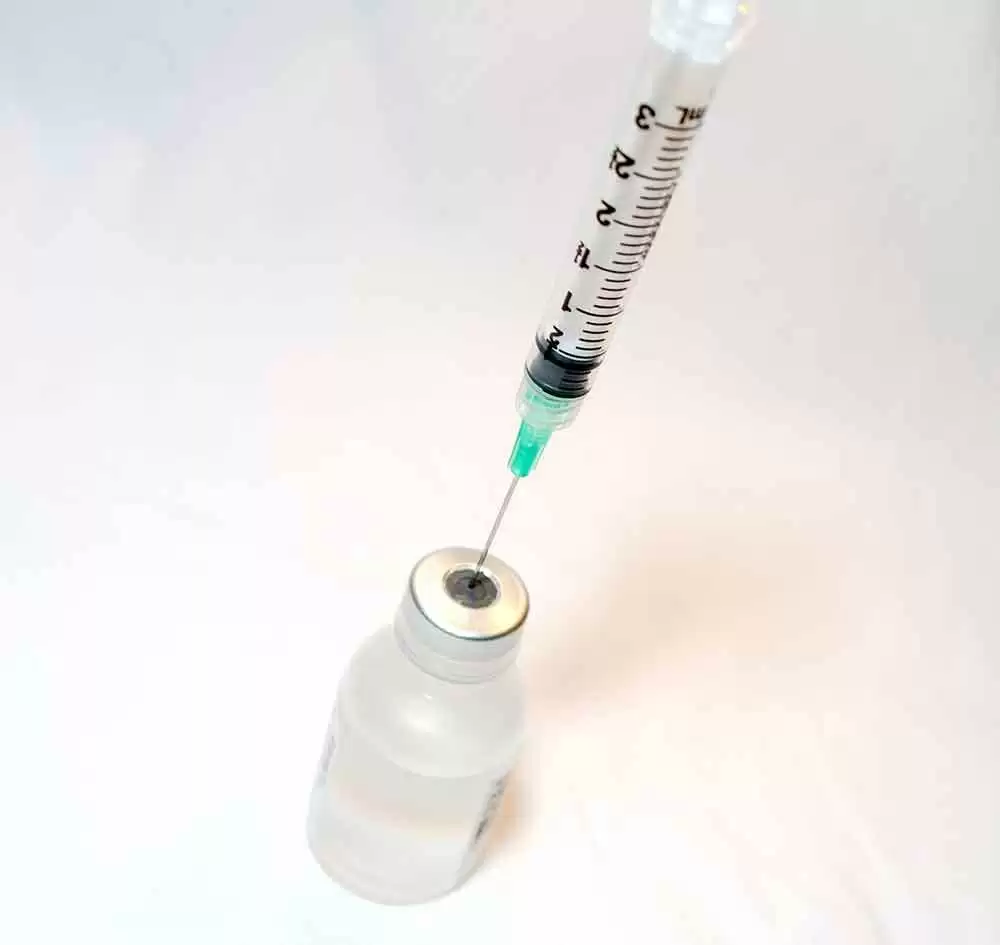Celiac.com 06/18/2025 - For millions of people living with celiac disease, avoiding gluten is not a dietary preference—it’s a medical necessity. Even the tiniest exposure to gluten can set off an immune response that damages the small intestine, causes painful symptoms, and increases the risk of long-term complications. The only current treatment is a strict, lifelong gluten-free diet—a burdensome and often imperfect solution. But now, a new investigational therapy called TPM502 may offer the first real glimpse of a medical alternative.
At Digestive Disease Week® (DDW) 2025, Topas Therapeutics presented encouraging results from their Phase 2a clinical trial evaluating TPM502 in patients with celiac disease. The study not only confirmed the drug’s safety but also showed it could induce gluten-specific immune tolerance—something never before achieved in human trials of celiac therapies. Here's what the trial found and why it could change the future for people with celiac disease and gluten sensitivity.
Understanding the Science Behind TPM502
Celiac.com Sponsor (A12):
TPM502 is a nanoparticle-based therapy built using Topas Therapeutics’ proprietary platform, which delivers gluten-related antigens to immune cells in a way that promotes tolerance rather than inflammation. The key lies in how the body normally handles foreign substances. Topas uses polymer-coated iron oxide nanoparticles to target the liver’s sinusoidal endothelial cells—cells known for their ability to calm the immune system. When gluten peptides are coupled to these nanoparticles and introduced into the body, they train T cells to stop overreacting to gluten.
For people with celiac disease, whose immune systems mistakenly treat gluten as a threat, this approach could retrain the body to tolerate gluten without launching an inflammatory attack. This mechanism aims to restore immune balance rather than simply suppress immune activity, which is a promising and precise strategy.
The Phase 2a Trial: What Was Studied?
The trial enrolled 38 adults with biopsy-confirmed celiac disease who were all HLA-DQ2.5 positive—a genetic marker found in about 90% of those with the condition. All participants were on a gluten-free diet but underwent a controlled gluten challenge (6 grams of gluten) to assess immune reactivity, specifically IL-2 response. Only those who reacted as expected were included in the randomization phase.
Participants were then assigned to receive either a placebo or one of four TPM502 doses. Each person received two intravenous infusions—on day 1 and day 15—and then underwent another gluten challenge one week later to evaluate the therapy’s effect. Researchers tracked a range of immune and clinical outcomes, including T cell activity, regulatory immune responses, and symptom severity.
Promising Results: What Did Researchers Find?
The topline results of the study were encouraging in multiple areas:
1. Strong Safety Profile:
TPM502 was well tolerated across all doses. Most side effects were mild, such as nausea and headache. Only one patient experienced moderate adverse effects (Grade 3), and none were considered life-threatening or serious enough to halt the study.
2. Immune Modulation Achieved:
At the highest dose, TPM502 led to a significant reduction in IL-2 and IFN-γ—two key inflammatory markers released by gluten-specific T cells. These reductions were sustained for at least one month after the final infusion. Additionally, researchers observed a phenotypic shift in gluten-specific CD4+ T cells toward a more exhausted or anergic state, meaning the cells became less reactive to gluten. There was also a noticeable increase in regulatory T cells, which are crucial for maintaining immune tolerance.
3. Clinical Benefits for Patients:
Participants who received TPM502 reported fewer and less severe gastrointestinal symptoms after gluten exposure compared to those who received a placebo. This was measured using the CeD PRO® tool, a validated questionnaire that captures real-world symptom impact from the patient's perspective.
These findings mark the first time a therapy has successfully and safely demonstrated gluten-specific immune tolerance in humans with celiac disease.
What This Means for People with Celiac Disease
If you or someone you love has celiac disease, you know how relentless and stressful it can be to maintain a strict gluten-free diet. Even the most careful people face risks of cross-contamination in restaurants, hidden gluten in processed foods, and social pressure to "just take a bite." Accidental exposure is common and can result in days or weeks of painful symptoms—not to mention long-term damage to the gut.
The promise of TPM502 is that it could one day help the immune system ignore gluten altogether. Instead of fearing every breadcrumb, patients might gain a level of protection from small exposures or, depending on how the therapy evolves, the ability to tolerate gluten again entirely. While we are not there yet, this clinical trial is a significant step toward that possibility.
In practical terms, TPM502 may:
- Offer peace of mind to patients worried about accidental exposure
- Reduce the risk of long-term intestinal damage from low-level gluten ingestion
- Improve quality of life, especially in children and teens navigating school and social settings
- Open doors to less restrictive dietary management in the future
Looking Ahead: What’s Next for TPM502?
With these positive Phase 2a results, Topas Therapeutics is expected to move TPM502 into larger, longer-term studies. Future trials will need to confirm these findings in broader populations, evaluate sustained tolerance over time, and assess the optimal dosing strategies. Questions also remain about how frequently the treatment would need to be repeated and whether it could eventually allow for full reintroduction of gluten.
Nevertheless, the scientific community has taken note. The data were chosen for a prestigious oral presentation at DDW 2025 and featured in the American Gastroenterological Association’s Presidential Plenary—a strong endorsement of the research’s significance.
A Broader Implication: Autoimmune Disease Innovation
The success of TPM502 doesn’t just signal hope for celiac disease. Topas’ technology platform, based on antigen-coupled nanoparticles, is already being tested in other autoimmune conditions like pemphigus vulgaris. By selectively promoting immune tolerance without suppressing the entire immune system, this platform could transform how we approach a wide range of immune-mediated diseases—from type 1 diabetes to multiple sclerosis.
For now, the celiac community stands at the forefront of this innovation. After decades of relying solely on diet, a wave of targeted immunotherapies is finally beginning to take shape. TPM502 may not be available to patients yet, but it represents the most promising leap forward in celiac treatment in decades.
Conclusion: A Turning Point for Celiac Care?
While there’s still a long road ahead, the success of TPM502’s Phase 2a trial offers real cause for optimism. For the first time, a therapy has shown it can safely and specifically suppress the harmful immune response to gluten in people with celiac disease. If future studies confirm these results, TPM502 could become a vital part of a new treatment approach—one that moves beyond avoidance and into immune retraining.
For people with celiac disease or non-celiac gluten sensitivity, that could mean fewer symptoms, less fear of accidental exposure, and a dramatic improvement in quality of life. It’s too early to declare victory, but thanks to research like this, the future is looking brighter—and possibly a little less gluten-free.
Read more at: globenewswire.com












Recommended Comments
There are no comments to display.
Create an account or sign in to comment
You need to be a member in order to leave a comment
Create an account
Sign up for a new account in our community. It's easy!
Register a new accountSign in
Already have an account? Sign in here.
Sign In Now